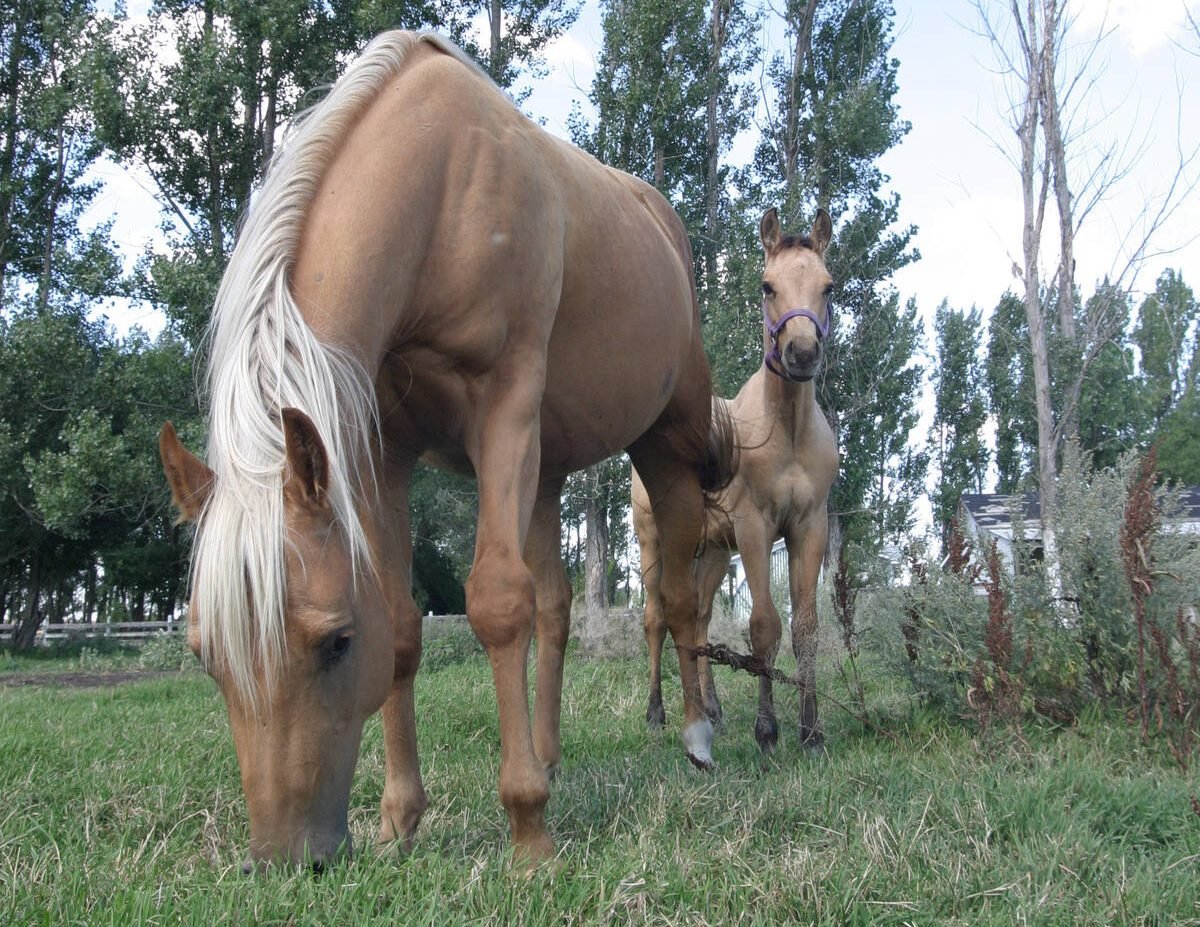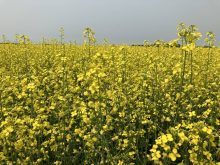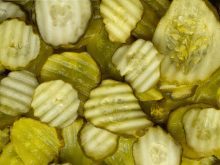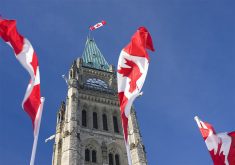As results of the most recent federal election poured in pointing toward the pollster-predicted minority Liberal government, I received a text from an old contact in Regina.
He suggested the Conservative Party of Canada under Andrew Scheer’s leadership would never be able to form government. It wasn’t a unique opinion, but it was telling enough that a Scheer supporter, located in his home city, was calling for a resignation.
From the moment that the Oct. 21 election ended until the day Scheer resigned on Dec. 12, those calls continued — many of them coming from inside his own party.
Read Also

Growth plates are instrumental in shaping a horse’s life
Young horse training plans and workloads must match their skeletal development. Failing to plan around growth plates can create lifelong physical problems.
Now, questions about who Scheer’s successor should be are making the rounds.
Those in the agriculture industry should be paying particular attention to this because many names being touted as his replacement are decidedly more urban, more socially progressive and more centrally located.
While the CPC will likely continue to find strong support in the prairie provinces and rural ridings, a more urban-centric leadership would place key issues facing producers — and potentially the Prairies — further onto the backburner than they are already.
A growing disconnect between rural and urban communities in Canada clearly exists. It centres around issues such as the carbon tax.
Given that most Canadians voted for a political party that is in favour of a carbon levy, and the fact that some conservative-led provinces have decided to now go along with the plan, it is possible the next federal party leader will be one who supports levying a tax on carbon.
How far down that path the party goes will be determined in coming weeks or months, and while it should not immediately concern producers, it is worth their attention.
Much has been made over the legitimate concerns farmers have with a tax on carbon — particularly regarding the carbon offset credits and exemptions for on-farm fuels, which they should be granted.
Ensuring that conversation does not get lost in the high politics of finding a new Conservative leader should be a priority for producers.
More than 60 percent of Canadians who cast a ballot voted for a party that supports levying a carbon tax.
Despite commentary from notable Conservatives, such as former Prime Minister Stephen Harper, who wrote in 2018 that carbon taxes are “widely unpopular” and opposing them can win elections, there is a dialogue within the party over its stance on the issue, given the 2019 election results.
People are passionate about the issue of climate change and will presumably continue to vote accordingly. Several polls demonstrate climate and environmental issues as being near or close to near the top of mind for voters. The chances of this changing between now and the next election are slim.
The Conservatives are aware of this and will likely vigorously evaluate their climate policy. They would be ill-served to continue to oppose a carbon tax.
Tellingly enough on this front, the same person who texted me about Scheer on election night has since thrown out the name of Ontario MP Michael Chong as a good fit for being the next leader.
That would be the same Michael Chong who ran against Scheer for the leadership in 2017 on a platform that was in favour of a revenue-neutral carbon tax. He gained less than 10 percent of the vote at the time.
But given what has happened between then and now, he — or someone else who supports levying a fee on carbon emissions — might have a better chance at success.
Farmers should ensure they are part of those conversations so their concerns over the carbon tax are not lost.















